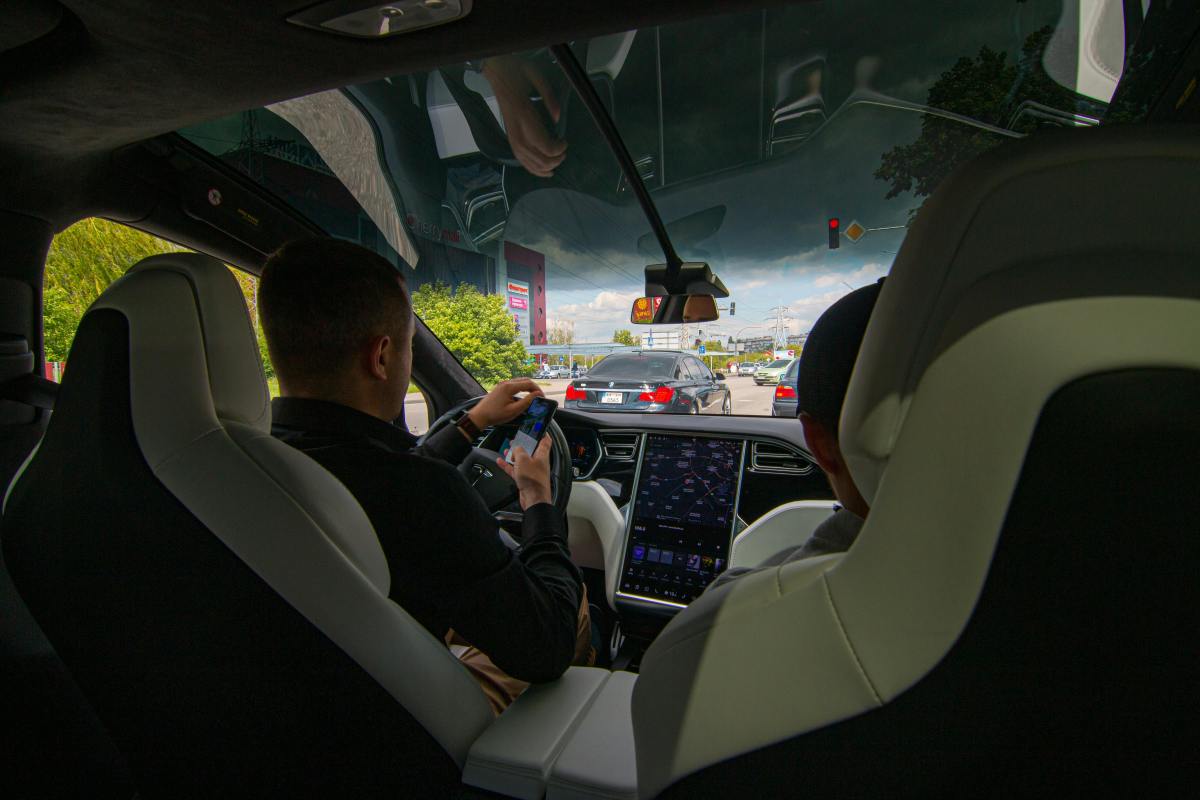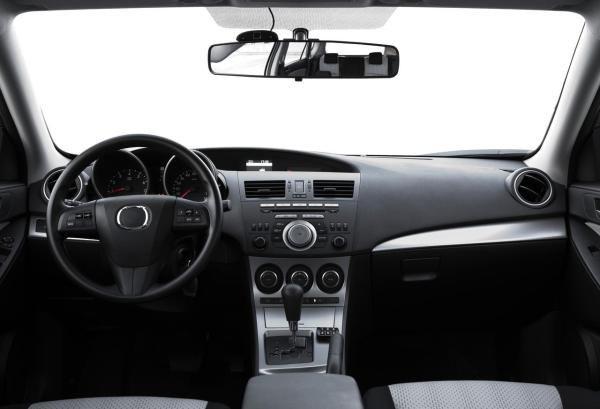What is a connected car?
A connected car is a vehicle equipped with an internet connection, capable of communicating with other cars, pedestrians, traffic lights and more. It can request assistance after an accident (eCall), send real-time diagnostics and receive software updates remotely. It is, in essence, a “smartphone on wheels”—but smarter.
- Explosive growth: The number of connected cars is expected to nearly double from 435 million in 2025 to 900 million in 2030.
- Market transformation: From half of current sales to nearly all new cars sold in 2030.
- Business opportunity: McKensey stimated that connected services could increase automotive industry revenues by 30%.
Every car, a mini data centre: Connectivity is generating a wave of business worth trillions of dollars.
Forces driving the revolution
5G Ready to Roll Out
5G networks offer ultra-fast speeds and low latency, enabling cars to communicate instantly with each other, with infrastructure-ready and great potential in the cloud. This enables safer roads, better navigation and easy updates.
The rise of electric vehicles (EVs)
More than 22 million EVs were sold last year, with annual growth exceeding 25%. Electrification is increasing demand for smart and connected features.
Regulatory momentum
Governments are demanding the adoption of connected technologies: mandatory eCall systems in Europe and new regulations for driver assistance and cybersecurity.
In conclusion, technology, electrification and regulation are creating a unique moment: the connected car is no longer the future, it is the present.
The global connected car market: growth and transformation
The global connected car market is experiencing rapid growth, with a forecast to grow from $12.5 billion in 2024 to $44 billion in 2034, driven by a compound annual growth rate of 13.4%. Driver assistance systems lead the way in applications, accounting for 36.1% of the market in 2024, while 5G connectivity and integrated solutions set the technological standard. Original equipment manufacturers (OEMs) dominate distribution, with an 82.3% share, and North America leads the global market with a 40.1% share.
Global electric car industry
And within the connected car, zooming in on the electric car market, we see accelerated growth. Asia, and especially China, are setting the pace, but North America and Europe are also showing significant progress. The manufacturers with the largest global market share are BYD and Tesla, followed by groups such as Volkswagen, Hyundai-Kia and Stellantis.
Trends point to greater integration of technologies such as artificial intelligence, 5G connectivity and new business models, such as integrated payments and predictive maintenance, consolidating electric cars as a central pillar of future mobility.
Electric car industry in Asia
Asia, and especially China, is leading the global electric car revolution. By 2025, China is expected to sell more than 12 million electric cars, surpassing combustion vehicle sales for the first time and bringing forward its national electrification targets by a decade.
The Chinese market is dominated by manufacturers such as BYD, which is consolidating its position as the largest local producer and one of the global leaders, alongside other brands such as Xpeng, NIO and SAIC (owner of MG).
South Korea also plays a key role with Hyundai and Kia, while in India, Tata Motors stands out as the leading local manufacturer, expanding its range and investing in new technologies and affordable models.
Electric car industry in Europe
Europe is undergoing a key transition: in January 2025, electric car registrations increased by 34% compared to the previous year, reaching a market share of 15%.
Germany, Belgium and the Netherlands are driving growth, while Italy surprises with a 126% increase. However, the European market faces challenges such as falling sales in 2024 and the need for more affordable models. The market share of electric vehicles is expected to reach 23% in 2025, with the arrival of compact and economical models such as the Renault R5 and the Citroën e-C3.
The most important manufacturers in Europe are Volkswagen, Stellantis, Renault and Tesla, although Chinese brands such as BYD (which in April 2025 already surpassed Tesla in sales) and MG are rapidly gaining ground, adapting their models to local regulations and preferences.
Leading the revolution
Connected and electric cars are revolutionising mobility, integrating 5G connectivity, artificial intelligence and electrification to create smarter, safer and more efficient vehicles. This transformation goes beyond technology: it opens the door to new business models, strategic alliances and a fully digitalised user experience, where telcos can lead the integration of smart services and solutions tailored to each market.
Today, the opportunity is clear: those who commit to innovation and collaboration will set the pace for the next decade. Smart mobility is already a reality, and now it is time to accelerate together towards the future, taking a leading role in this new era.







